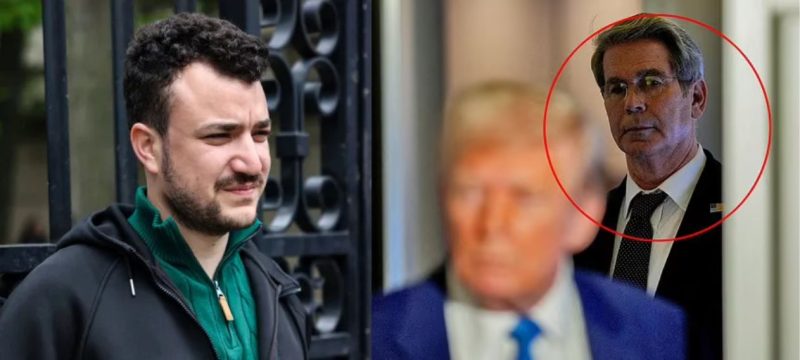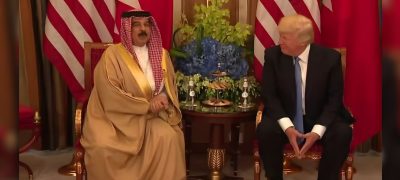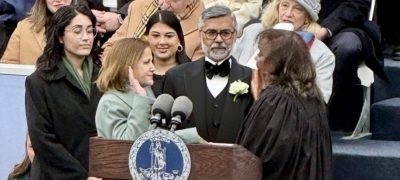A U.S. immigration judge has sided with the Trump administration’s efforts to deport Mahmoud Khalil, a Palestinian student activist and Columbia University graduate, who was detained last month due to his involvement in pro-Palestinian protests.
Khalil, a 30-year-old permanent legal resident, has not been charged with any crimes, but U.S. authorities argue that his presence could have “adverse foreign policy consequences,” invoking a Cold War-era provision of the Immigration and Nationality Act of 1952.
Read more: Nearly 100 Detained in Trump Tower Protest Against Mahmoud Khalil’s Arrest
The court’s ruling earlier this week permits the government to proceed with deportation proceedings, although Khalil’s legal team has until April 23 to file an appeal, which they plan to do. Khalil has been held at a detention center in Louisiana since March 8.
According to his legal team, immigration officers informed him that his deportation is linked to his participation in demonstrations against the Gaza war. Khalil himself stated in a letter from detention that his arrest was a direct result of his activism for Palestinian rights, especially his involvement in last year’s student protests at Columbia University, which sparked widespread debate across U.S. campuses.
During a recent court hearing, Khalil criticized the fairness of the process, stating that it lacked due process. The American Civil Liberties Union (ACLU) condemned the decision, accusing the government of presenting evidence just 48 hours before the ruling, including a letter from Secretary of State Marco Rubio, which stated that although Khalil hadn’t committed any crimes, his “speech and associations” justified his deportation. The U.S. government defended the decision, stating it aimed to protect Jewish students from harassment, even though Khalil’s actions were lawful.
Homeland Security Secretary Kristi Noem supported the ruling, claiming that advocacy for violence, support for terrorism, and harassment of Jews should lead to the revocation of residency privileges. However, Khalil’s legal team refuted the allegations, emphasizing that he has no ties to antisemitism or violence. His lead attorney, Marc Van Der Hout, vowed to continue the legal battle to protect Khalil’s rights and freedom of speech.
In addition to challenging his deportation in immigration court, Khalil has filed a separate lawsuit in federal court in New Jersey, contesting his arrest on constitutional grounds. His legal team hopes that a favorable decision in this case could prevent his deportation.
The Trump administration also claims that Khalil committed immigration fraud by not disclosing certain affiliations in his green card application, including his previous work with the British embassy in Beirut and the United Nations Relief and Works Agency (UNRWA) for Palestinian refugees, though no new evidence has been presented to support these allegations.
The case has sparked renewed debate on free speech, political dissent, and immigration policies under the Trump administration. Rights organizations warn that this decision could set a troubling precedent for non-citizens engaged in political activism. As his legal struggle continues, Khalil remains in detention, separated from his family but determined to fight what he and his attorneys describe as a politically motivated effort to silence him.









